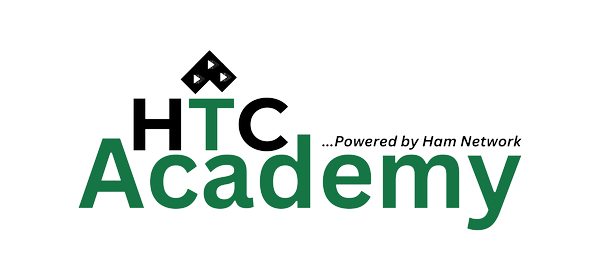Corruption has been a challenge in Nigeria’s history. It has made many to discredit our system and product. Our human capital is not recognized within the confines of the country but is well appreciated outside the border of Nigeria. Our system is polluted and shattered against the bricks of man-know-man. Contracts are awarded without a regular and sincere bidding process because most of the contracting companies are owned by staff of the same organization awarding the contract.
The tender bidding system is bastardized with favoritism, where only those that know the director, assistant director, member of the National Assembly, or presidency are likely to be awarded contracts. The public recruitment system is filled with extensive nepotism and tribalism. Only those that are of the same tribe, religion, or sons and daughters of those who hold high positions in the public sector get the best employment. The taxpayer fund is highly mismanaged with a lack of transparency. The taxpayer only knows when funds are allocated during the regular yearly appropriation bill. But when the funds are released to agencies, nobody knows. This has caused situations where contracts are awarded more than once. Our lack of transparency does not only affect the expenditure of the government, it also affects the income of the government.
Accountability is also another rubric for corruption in Nigeria. No public servant wants to take responsibility for their action. So the system is designed to induce corruption because nobody is accountable to the citizen.
While these are the concerns that most countries encounter, the e-government system has been systematically designed to address the majority of these concerns, starting with transparency.
E-Governance is an application that the government of a nation can use to deliver its services to both businesses and citizens. It can also serve as an application for the exchange of information between government agencies, parastatals, corporate organizations, citizens, and public servants.
An E-Governance application focuses on four different models. They are Government to Government, Government to Citizens, Government to Busines Entities, and Government to Employees.
Government to Government model is focused on how government agencies can work together and exchange information of citizens with ease. This can be the case of the Identity Number integration and verification or foreign immigrants verification or driver’s license verification. A policeman can easily verify the identity of an immigrant or a citizen without contacting the National Identity Management Commission (NIMC) or Nigeria Immigration Service (NIS).
Another case is integration between banks, Federal Inland Revenue Service (FIRS), and Corporate Affairs Commission. Task Officers do not need to visit a corporate organization to know if they are defaulting because the integration has enabled the tax officer to carry out their job easily.
Government to Business model is focused on services that government renders to business entities or corporate organizations. These include e-tax filling & remittance by FIRS, e-filling by Corporate Affairs Commission, E-Tender & Bidding by government parastatals, E-Pension Filling & Remittance by PENCOM, e-fines by government agencies to corporate organization, E-payment of all government charges & fines to corporate organization, E-application for corporate organization, etc.
The Government to Citizen model addresses the issue of accountability and transparency to citizens. It is the most important section of the e-governance application because it clearly brings the government closer to the people.
It offers government services to the citizens. Services that it offers include e-applications of all kinds, e-fine, e-tax, e-notification, and e-complain, to citizens. With a government to citizen applications model, a citizen may not need to visit any government agencies for anything, as public administration will now be done remotely via the internet. The service that brings about transparency and accountability is the e-notification services. It keeps citizens updated on what is projects awarded, which company is awarded which project or when mobilization payment for contract & Project has been made, or when projects are considered completed. It will also allow citizens residing close to the project to provide feedback regarding the project. However, this model can not be implemented without an effective and up-to-date identity management system.
Then there is the government to employees model. This model administrates the internal activities of public servants. Thereby ensuring commercial best practices are deployed to induce efficiency and effectiveness in government operations. This model will fight the corruption that exists within the internal administration of the public sector. It has an effective workflow process that ensures that every public servant is accountable.
Generally, the e-Governance application will have its own challenges. First will be the infrastructure required to deploy an e-Governance application throughout the country. Then willingness for the public sector and public servants to adopt it because it will fight the corruption that exists within the sector. The final challenge will be the security of the applications and infrastructures to limit the risk of Cyberattacks. Notwithstanding, e-Governance has proven to be very effective as countries like United States, United Kingdom, Germany, Singapore, Australia, etc are currently using the e-governance application for transparency and accountability.
In fact, the country that is considered to be the most digitalized country in the world is Estonia. Everything in Estonia can be done online except marriage, divorce, and selling of house property. Estonia is the first country to build a digital society. A society where almost everything happens online, including their democratic voting process. Estonia is the only country that offers e-residency, which gives foreigners the ability to own, build, and operate a legal business from their own country.
The corruption that has overshadowed Nigeria’s beauty will only be salvaged when an e-Governance system is fully designed, deployed, and implemented. This is because you can’t bribe a computer.
